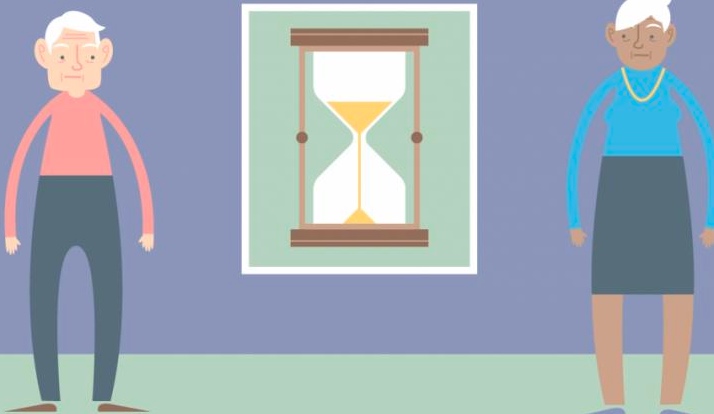What’s happening to life expectancy – and why?
Last week the Office for National Statistics published some research which showed that, since 2011, there’s been no real increase in life expectancy. What?
The information was contained in a publication called Changing Trends in Mortality in England and Wales. Probably not the most eye-catching title, but the information in it is important (there’s a link to it at the bottom of this article).
Here are some of the key findings:
Over the last 100 years, life expectancy has been increasing. In the first half of the century it was mainly down to the fact that fewer children were dying, and in the second half of the century it was down to improvements in lifestyle for older people and medical advances.
Between 1991 and 2011, life expectancy for women increased by four years, on average. Life expectancy for men increased by five years.
Between 2011 and 2013 and 2014 and 2016, life expectancy for women only increased in 17 local authority areas in England and Wales.
There was a fall in life expectancy between 2014 and 2015. That’s because there were many more flu-related deaths in the winter of 2015.
How long will someone live for?
A baby girl born can expect to live for 82.9 years if life expectancy stays the same as it was between 2014 and 2016. A baby boy can expect to live for 79.2 years.
However, official figures from the Office for National Statistics released in 2017 showed that life expectancy increases slowed from an average of an extra ten weeks of life for every year later that they were born between 1980 and 1982 and 2009 and 2011, to an extra 3.6 weeks for every year between 2010 and 2012 and 2014 – 16.
If you were a woman aged 65 between 2014 and 2016 you could expect to live for another 20.9 years. The gap between male and female life expectancy is 3.7 years. Women live, on average, 3.7 years longer than men.
Also, the life expectancy gap between the richest and poorest people is widening. That’s according to the Longevity Science Panel. It found that:
A woman aged 60 in 2015 living in the wealthiest 20% of neighbourhoods could expect to live for 4.2 years longer than a woman living in the poorest 20% of neighbourhoods. In 2001, this difference was 3.2 years.
A baby girl born in 2015 living in the wealthiest 20% of neighbourhoods could expect to live for 5.8 years longer than a girl living in the poorest 20% of neighbourhoods. In 2001, this difference was 5 years.
What does this mean for state pensions?
The state pension age is rising dramatically for women and by October 2020, it will be 66. There are two more rises in the state pension age planned; to 67 by 2028 and and then to 68 by 2039 (this change hasn’t gone through parliament yet). These state pension age rises would affect both women and men.
Critics say that these are based on life expectancy data from 2010 and don’t take into account the fact that life expectancy hasn’t really increased much since then. The idea behind the latest planned rises in state pension age is that people spend a third of their life in retirement. However, if life expectancies aren’t increasing as quickly as they have done in the past, or are not increasing at all, the planned rises in state pension age could be too aggressive.
My own view is that the planned rises don’t take into account the fact that the gap is widening between those who live the longest and those who do not. I think there needs to be a much more considered approach to the rises in state pension age, taking into account the fact that many women and men won’t experience a long retirement at all.





Thank you for reading, if you liked the article and found it useful please share it with your friends and loved ones
We think it's important you understand the strengths and limitations of the site. We're a journalistic website and aim to provide the best Savvy Money Saving guides and tips, but can't guarantee to be perfect, so do note you use the information at your own risk and we can't accept liability if things go wrong.
We often link to other websites, but we can't be responsible for their content.
If a link has an * by it, that means it is an affiliated link and therefore it helps The Mature Mentor stay free to use, as it is tracked to us. If you go through it, it can sometimes result in a payment or benefit to the site. It's worth noting this means the third party used may be named on any credit agreements.
This site is not a part of the Facebook website or Facebook Inc. Additionally, this site is NOT endorsed by Facebook in any way.